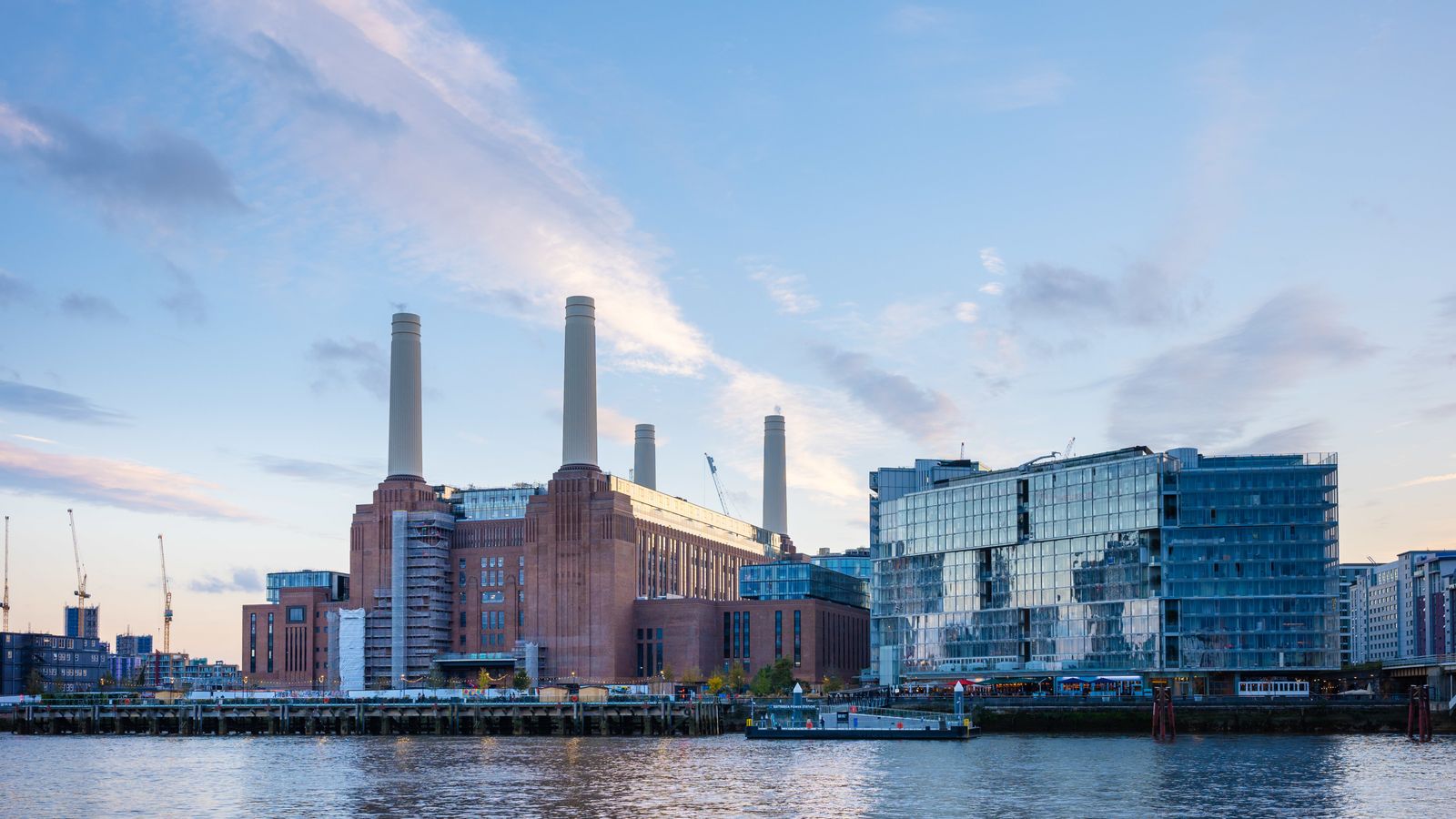Boris Johnson’s decision to press ahead with easing coronavirus restrictions in England is “irresponsible”, senior doctors have said – although a government minister has admitted COVID rules could return this winter.
The prime minister announced on Monday that most of the last remaining restrictions in England would be axed from 19 July.
This was despite modelling showing that there could be 1,000 to 2,000 hospital admissions per day, with deaths reaching between 100 and 200 per day by mid-August, when the peak of the current wave is expected.
The British Medical Association said easing restrictions risked “potentially devastating consequences”.
BMA council chair Dr Chaand Nagpaul said: “It’s irresponsible – and frankly perilous – that the government has decided to press ahead with plans to lift the remaining COVID-19 restrictions on 19 July.
“The BMA has repeatedly warned of the rapidly rising infection rate and the crippling impact that COVID-related hospitalisations continue to have on the NHS.
“Not only pushing staff to the brink of collapse but also driving up already lengthy waiting times for elective care.
“The prime minister repeatedly emphasised the importance of a slow and cautious approach.
“But in reality the government is throwing caution to the wind by scrapping all regulations in one fell swoop – with potentially devastating consequences.”
However, asked about the 200 deaths a day estimation, government minister Stephen Barclay suggested lifting restrictions as schools close for the summer holidays was the “optimum time to do so”.
“Reopening when the schools are back in September, reopening when the colder weather is also bringing other challenges, also brings its risks,” he told Sky News.
“So there’s no perfect time to do this. What we’ve done is deploy the vaccine… opening when the schools are going to be shut is seen as the optimum time to do so.”
Mr Barclay, the chief secretary to the Treasury, added the country needed to “get back to normal” and to “learn to live with the virus”.
“It’s about getting that balance right, so people reaching their own judgements, being sensible, following the guidance,” he said.
“But we also need to get back to normal, businesses need to fire up, we need to get the economy going – those are important as well.
“Because there are consequences to not doing that, both economically and in terms of people’s health.”
The prime minister has previously described his roadmap for lifting lockdown restrictions as “cautious and irreversible”.
But Mr Barclay admitted there was a possibility that COVID restrictions could return later this year.
“We’ve been cautious in order to seek for it to be irreversible,” he added. “One never knows what will be in the winter.”
Mr Johnson on Monday admitted the pandemic “is not over” and that people should still proceed with caution, as figures showed a further 34,471 laboratory-confirmed infections in the UK in the 24 hours to 9am on Monday.
Professor Adam Finn, a member of the government’s Joint Committee on Vaccination and Immunisation (JCVI), said: “I sympathise with the political message that (restrictions) can’t go on forever.
“But on the other hand we really don’t want to get to a situation where things get so bad that we have to reimpose restrictions and it’s a very delicate balancing act to get that right.
“The more you let the genie out of the bottle the harder it is to put it back in, though there is a large amount of uncertainty.”
Greater Manchester mayor Andy Burnham warned ministers about the impact of lifting restrictions – such as the legal requirement to wear masks on public transport – on those most vulnerable to coronavirus.
“One person’s freedom day is another person’s fear day,” he told Sky News, as he questioned whether the government’s advice for people to continue wearing masks in crowded places would be enough to give vulnerable people confidence to use trains, trams and buses.
Conservative MP and former health secretary Jeremy Hunt, now the chair of the House of Commons health and social care committee, told Sky News that the prime minister’s promise of an “irreversible” roadmap for easing lockdown rules was “wrong”.
“It’s easy to criticise a government for U-turns and changes, but actually in a pandemic you want a government to change its mind if the data changes,” he said.
“And what we’re seeing with the Delta variant is incredibly high levels of infectiousness.
“So I think they are very sensible to say we’ve got to go slowly and cautiously and not to use this word ‘irreversible’, which I think was the wrong word to use initially.
“Because things do change in a pandemic and you need to change your approach as they do.”
Dr David Nabarro, a World Health Organisation special envoy on COVID-19, urged people to continue with preventative measures to reduce the spread of coronavirus.
“People would be well advised to continue to practice what they’ve learned to do so well, which is the techniques to reduce the risk of the virus spreading,” he told Today.
“But most importantly you need public health systems that can identify people with the disease and help them to isolate quickly and effectively and that has to be done without fail everywhere to stop spikes turning into surging outbreaks.”
But Paul Hunter, professor in medicine at the University of East Anglia, was more optimistic, saying: “Although hospitalisation rates are rising rapidly at present, we can expect these to have slowed substantially within the next week or two.
“That does not mean that relaxing restrictions has no risk. But I would argue leaving step four (lockdown lifting) till the autumn carries a far greater risk.”
Follow the Daily podcast on Apple Podcasts, Google Podcasts, Spotify, Spreaker




